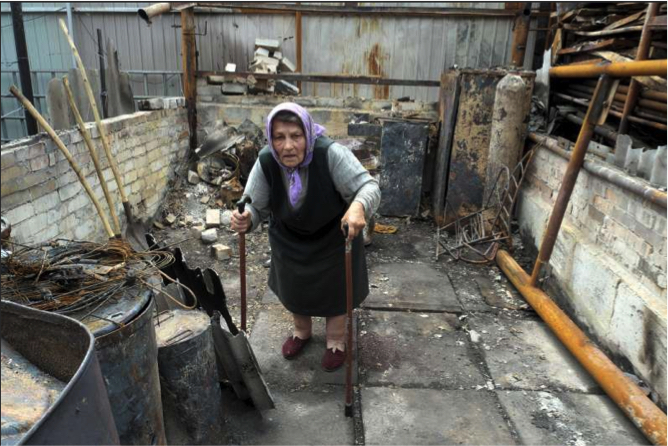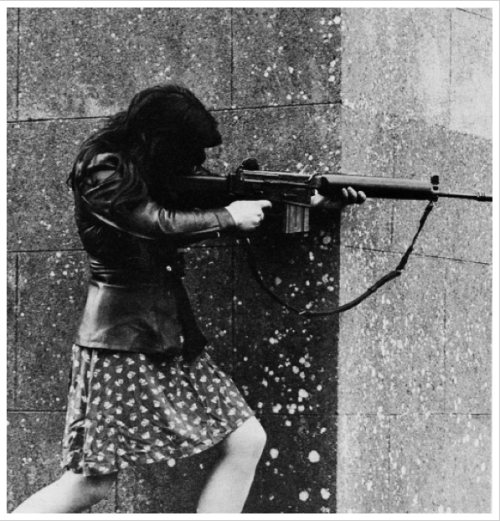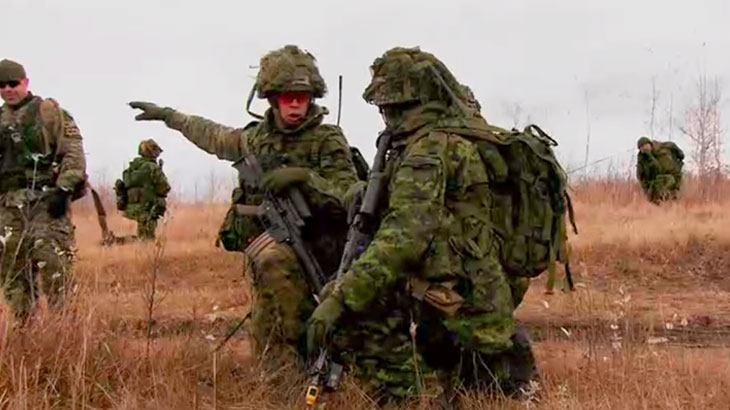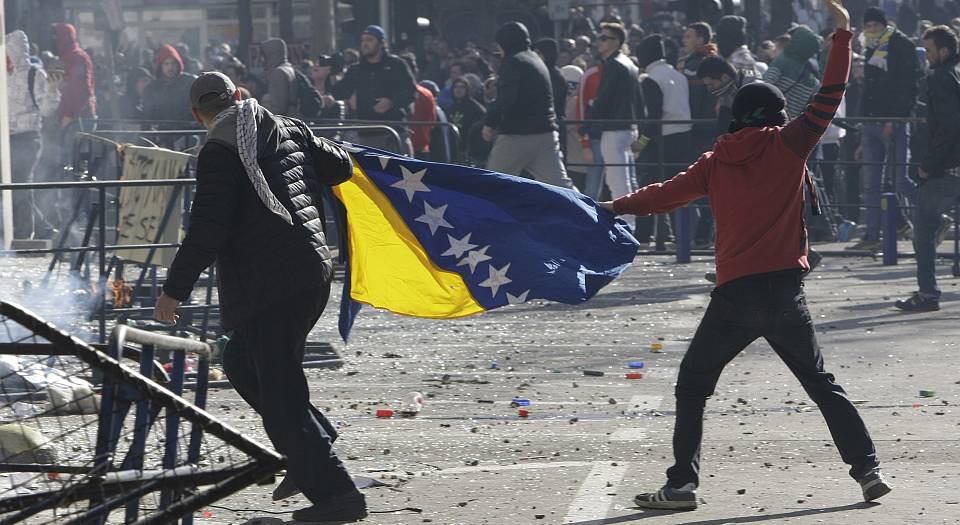A relative respite during the winter holidays provided hope that the new year would usher in a measure of peace to the Donbas region of Ukraine. Instead, violence has not only resumed, but intensified in recent weeks. The surge in fighting is taking a severe toll on civilians trapped between the Ukrainian and the pro-Russian separatist forces. More than 5,200 are dead. More than 12,000 are wounded. Almost a million are displaced. The 5 million people who remain in the region are facing grave risks from shelling as well as shortages of food, water, electricity, medicines and other basic supplies.
It is indisputable that the ultimate responsibility for the devastation is borne by the separatists and their patrons in Moscow. This fact does not, however, negate the role that Ukraine’s government has also played. Kyiv’s deliberate actions on the one hand and its failure to act on the other have compounded the precarious situation faced by civilians caught in the fighting.
On-the-ground investigators from leading international organizations have gathered evidence that implicates both the government and the rebel forces in indiscriminate warfare. Human Rights Watch (HRW) has documented the use of cluster munitions, a weapon banned in 114 countries, in populated areas by the Ukrainian military. According to an extensive report published on February 3, 2015 HRW investigators found evidence suggesting that both sides have unnecessarily endangered civilians and violated the laws of war by using unguided rockets, employing explosives with wide-area effect in populated areas, and locating military objectives in close proximity to settlements. Also this week, the UN High Commissioner for Human Rights condemned in the harshest of terms both the Ukrainian army and the Russia-backed militants for breaching international humanitarian law which stipulates the rules of war. Last Fall, Amnesty International reported evidence that both warring sides committed human rights abuses, including summary killings.
It is indisputable that the ultimate responsibility for the devastation is borne by the separatists and their patrons in Moscow. This fact does not, however, negate the role that Ukraine’s government has also played.
Another shortcoming of central authorities is a failure to provide sufficient humanitarian support and evacuate civilians in hardest hit areas. Residents of one Ukrainian-controlled town, who lived through weeks of ongoing shelling amidst dwindling basic supplies, were finally being slowly evacuated by an independent volunteer group, not government forces. Cases like this are a testament to the civil society that has mobilized in response to the crisis, but also to the failure of authorities to offer basic protections to its citizens. In view of intensifying shelling of residential areas, the OSCE Special Monitoring Mission has called for the creation of a humanitarian corridor to facilitate immediate evacuation of the civilian population.
While failing to provide necessary aid can be at least partially attributed to a lack of resources, policies deliberately introduced by the government exacerbate human suffering. Already, Ukrainians in the East have been cut off from pensions, public servants’ salaries, support for social services, and full access to the banking system for months. Since October, Médecins sans Frontières has witnessed widespread shortages of food, basic drugs and medical supplies, which has made life miserable for the most vulnerable: those in hospitals, orphanages, and homes for the elderly and the disabled. Exacerbating the situation further, a new permit system announced in January restricts crossings in and out of territories controlled by separatists. This policy greatly complicates the movement of residents out of rebel-held areas as well as the movement of essential supplies into rebel-held areas. UN agencies say that the new regulations impede their work and deepen the humanitarian crisis.
The above should not obscure the fact that Russia-backed separatist forces are the primary perpetrators of the humanitarian crisis, but it should highlight that Ukraine’s military and government have not taken proper measures to lessen the impact of war on civilians.
Signaling a potential new stage of the crisis, the US is now contemplating supplying arms to the Ukrainian army. While analysts debate whether lethal aid would risk paving the way for WWIII or would elevate the costs for Putin high enough to force him to back down and diplomats search for solutions, one thing is clear: more must be done to protect civilians. The international community must use its significant leverage to pressure Kyiv to remove harmful policies and facilitate evacuations and deliveries of aid. Officials in US, Europe and Canada have been largely silent on this public issue. This may be justified by the need to keep a united front of unrelenting support for Ukraine, but the West can always press the pressure levers behind closed doors. If this approach is indeed being implemented, it has yet to produce results.
Authorities in Kyiv have been resolute about Ukraine’s maintaining its territorial integrity. They staunchly stake and defend the position that Donbas is part of the Ukrainian land and nation. If Ukraine’s government is committed to this idea, it must treat the civilians not as just residents of Lugansk or Donetsk, but as citizens of Ukraine.




